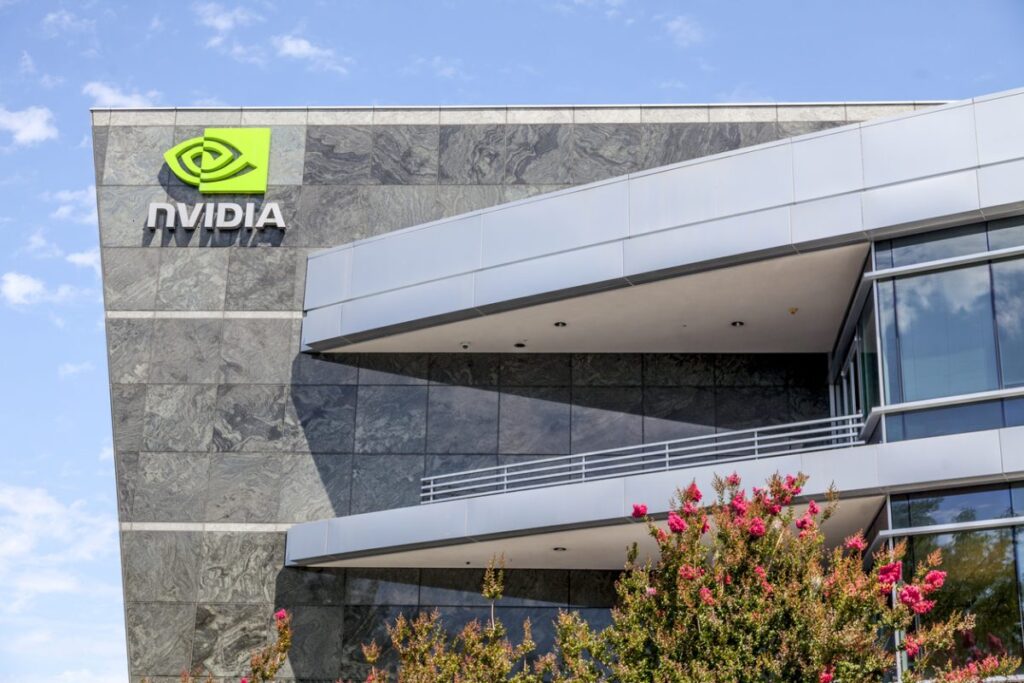Nvidia recently overtook Microsoft as the world's most valuable company and is now the target of French antitrust regulators, who are preparing to accuse the company of anti-competitive practices as part of an EU commitment to maintaining checks and balances in the industry.
This development underscores the EU's determination to ensure fair competition and prevent market dominance from stifling innovation and consumer choice. Consider Nvidia's rise to the top of the technology industry. Founded in 1993, the US-based giant has grown from a graphics chip maker to a leader in AI, data centers and autonomous vehicles. The company's products power some of the world's most advanced computing systems, with an impact across multiple industries.
Nvidia's graphics processing units (GPUs) are essential for AI and machine learning applications and will drive the next wave of technological advancements. This strategic positioning has seen Nvidia's market valuation soar, surpassing tech giants such as Apple and Microsoft.
But with great power comes great responsibility and scrutiny. Recent reports suggest that France's antitrust regulator is preparing to accuse Nvidia of anti-competitive practices. The investigation centers on allegations that Nvidia is using its market dominance to stifle competition and maintain its dominance in the tech industry.
The French authorities' action is part of a broader trend of increased regulatory scrutiny of tech giants around the world. Governments and regulators are increasingly wary of the outsized influence and market power of companies like Nvidia. In Europe, where antitrust laws are particularly tough, regulators are keen to ensure a level playing field and protect consumer interests.
Potential impact
If the charges are upheld, Nvidia could face significant fines and be forced to change its business practices. While the fines could be significant, they may not be the most important aspect of the investigation. The operational changes that Nvidia would be forced to make could be more significant and could affect the company's competitive position and market strategy.
So the stakes are high for NVIDIA: its leadership in AI and other cutting-edge technologies depends on its ability to innovate and market power. Regulatory restrictions could slow the company's momentum and allow competitors to catch up. Moreover, the investigation could expand beyond France and prompt investigations in other jurisdictions, with ripple effects across the global technology industry.
Nvidia's situation is not unique. Technology giants around the world face similar challenges as regulators grapple with the complexities of the digital economy. Companies including Google, Amazon and Facebook have also been the target of antitrust investigations and regulatory action in recent years.
This signals a growing agreement on striking a balance between innovation and fair competition. While technology companies drive economic growth and technological progress, their market power can threaten competition and consumer choice. Regulators are tasked with finding this balance and ensuring that the benefits of technological advances are broadly shared without stifling innovation.
To recall, in September 2023, French antitrust authorities raided an unnamed company that they believed was engaging in anti-competitive practices related to graphics card products. Although the authorities did not reveal the name of the company or identify it as Nvidia, the chipmaker later confirmed that it was being prosecuted by a French court along with other companies over its business practices.
Nvidia said in a February filing that authorities in the U.S., European Union, China and the U.K. were also scrutinizing its business. “Our position in AI-related markets has led to increased interest in our business from regulatory authorities around the world,” the company said.
In fact, there is Bloomberg According to the report, French antitrust authorities have already been interviewing market participants about NVIDIA's key role in suppressing production prices due to a severe chip shortage and its impact on prices. “The search of the offices was designed to gather further information on possible anticompetitive behaviour.”
What's next for Nvidia and French regulators?
AI chip giant NVIDIA is likely to mount a strong defense, as it has consistently argued that its business practices are competitive and that its innovations benefit both consumers and the industry. NVIDIA is likely to position itself as a driver of positive change rather than a monopoly force, emphasizing its contributions to technological progress and economic growth.
But public perception and regulatory interpretations may differ. Thus, the challenge for Nvidia is clear: maintain its successful trajectory while addressing regulators' and stakeholder concerns. Ultimately, Nvidia's response to this regulatory challenge will define the company's legacy as the world's most valuable company and indicate whether it can maintain its leadership position while adapting to the evolving demands of a fair and competitive marketplace.
reference: NVIDIA Unveils Blackwell Architecture to Power Next-Gen GenAI

Want to learn more about AI and big data from industry leaders? Check out the AI & Big Data Expo in Amsterdam, California and London – this comprehensive event will take place alongside other major events such as Intelligent Automation Conference, BlockX, Digital Transformation Week and Cyber Security & Cloud Expo.
Find out about upcoming enterprise technology events and webinars hosted by TechForge here.


